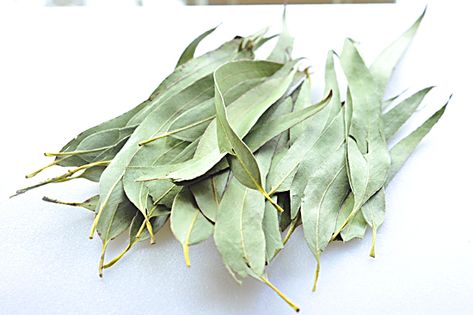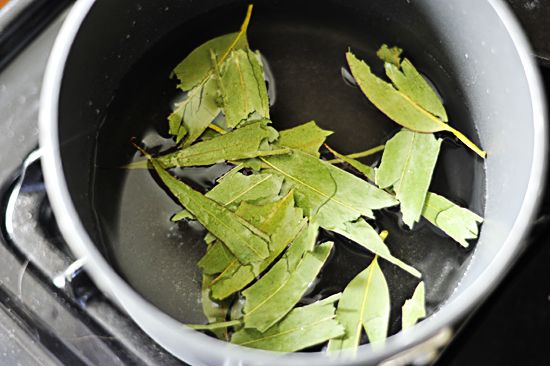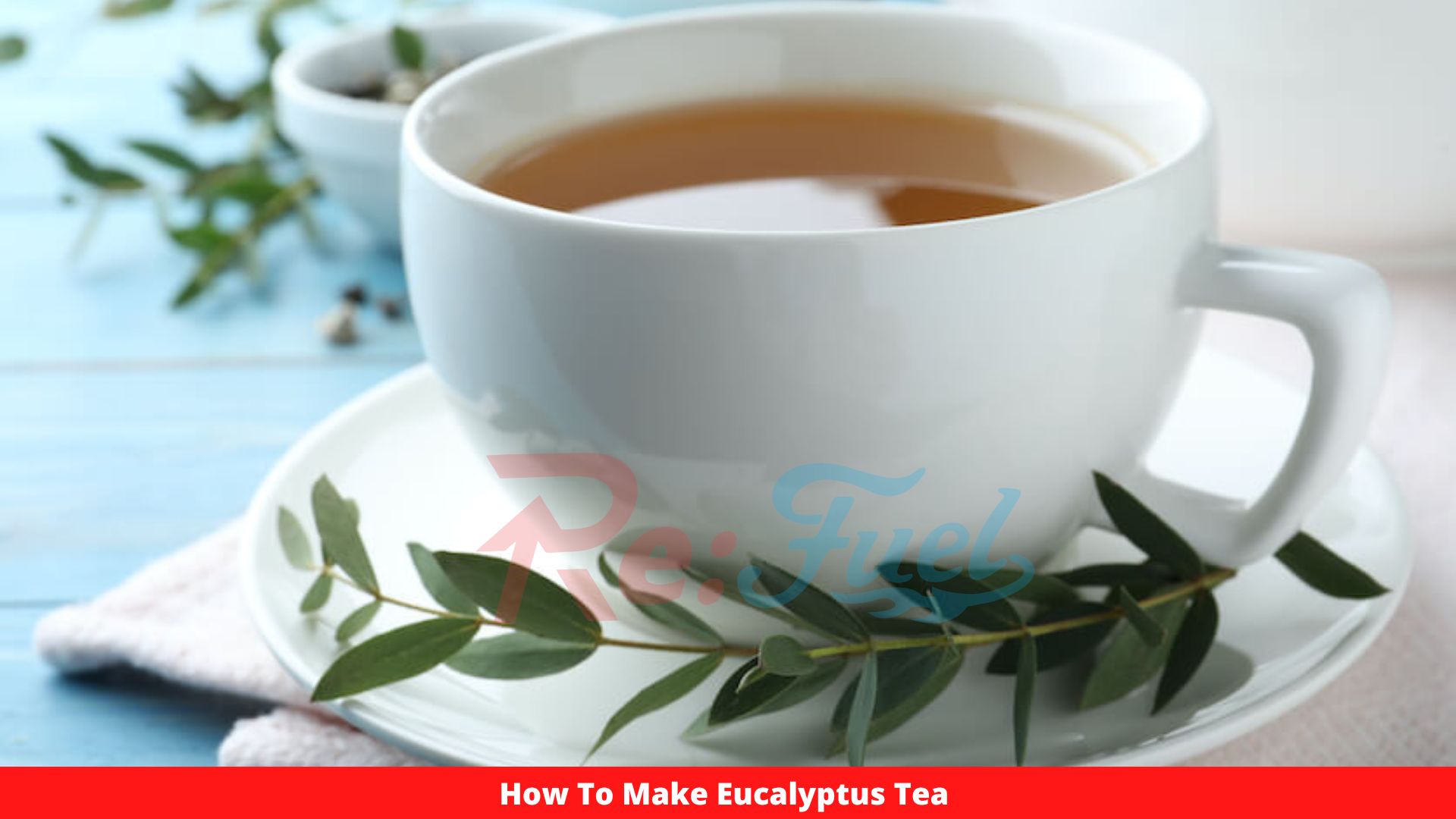Eucalyptus tea is made from the crushed leaves of the eucalyptus tree, which is known as the “fever tree” in Australia. In Germany, eucalyptus tea is recommended for bronchitis and sore throats. This cold and flu season, add eucalyptus tea to your arsenal. Its antibacterial effects are proven. Consult your doctor before using eucalyptus tea because some medicines have side effects when combined.
The blue gum tree, or Australian fever tree, is the one used to manufacture eucalyptus tea and oil. This fast-growing tree has long, leathery grey-greenish leaves. Leaf glands contain volatile essential oil.
Tea made from crushed eucalyptus leaves, not oil, should be eaten. To avoid confusion, the hot drink is also called eucalyptus leaves tea.
Benefits of Eucalyptus Tea
Lower Blood-Sugar
Drinking eucalyptus tea throughout the day may help diabetics lower their blood sugar levels. Animal research published in the August 1998 issue of the “Journal of Nutrition” suggests that eucalyptus globulus leaves may be a dietary supplement for diabetes patients. Consult your doctor about how much tea is safe for you.
Natural Anti-Inflammatory
The anti-inflammatory properties of eucalyptus oil make it a viable long-term therapeutic choice for patients with asthma and other steroid-sensitive illnesses. These chemicals can be consumed safely in dried eucalyptus tea leaves. Eucalyptol, a component of eucalyptus oil, is a useful mucolytic agent in upper and lower airway disorders, according to research published in the “Respiratory Medical Journal” in March 2003.
Also read: What Is The Difference Between A Nutritionist And A Dietician?
Anti-Bacterial Benefits
A soothing cup of eucalyptus tea might help combat bacteria that invade when your immune system is weak. According to a study published in March 2007 in “Phytotherapy Research,” eucalyptus leaf oil extract suppressed the growth of three potentially dangerous bacteria: staphylococcus aureus (strep throat), E. coli (yeast infection), and Candida Albicans (yeast infection). The University of Maryland Medical Center recommends three cups of tea per day for adults. This tea also kills microorganisms that cause bad breath.

How to Make Eucalyptus Tea
The tea is pale green in color and has a distinct woody or piney scent. Others describe it as clean or fresh. Many grocery stores, health food stores, and online vendors carry eucalyptus tea. Just follow the package’s directions.
Homemade eucalyptus leaf tea is also possible. Remember to make the tea using leaves and not oil. Using essential (volatile) oil may have detrimental effects.
Eucalyptus Leaf Tea Preparation Steps
- Make your tea with a teaspoon (one dried eucalyptus leaf). Fill an 8 oz teacup with crushed tea leaves.
- Heat the water to 90-95°C (194-205 degrees Fahrenheit). If you don’t have a temperature-controlled teapot, boil water for a minute before letting it cool.
- 6 oz. water for the tea leaves
- Allow tea leaves to steep for up to 10 minutes.
- Vaporize the eucalyptus while the tea steeps.
- Strain the cup before drinking.
Honey sweetens and sugars your eucalyptus tea. If you’re using the tea to treat a sore throat, the honey may help.
Try combining eucalyptus leaf tea with peppermint or chamomile to relax (manzanilla).

Also read: Cable Rear Delt Fly – Learn Proper Form, Muscles Used, Benefits
Side Effects Of Eucalyptus Tea
Eucalyptus leaf is LIKELY SAFE when consumed in tiny amounts. There isn’t enough evidence to establish whether bigger amounts of eucalyptus leaves are safe to ingest.
Eucalyptol, a medication made from eucalyptus oil, is POSSIBLY SAFE when used orally for up to 12 weeks.
Eucalyptus oil is POSSIBLY UNSAFE when applied directly to the skin. Taking Eucalyptus oil by mouth without diluting it is RISKY. 3.5 mL of undiluted oil is likely to be fatal. Symptoms of eucalyptus poisoning include nausea, vomiting, dizziness, muscular weakness, narrow pupils, and asphyxia. Eucalyptus oil causes nausea, vomiting, and diarrhea.
Always with your doctor before using this or any other herbal medicine.

